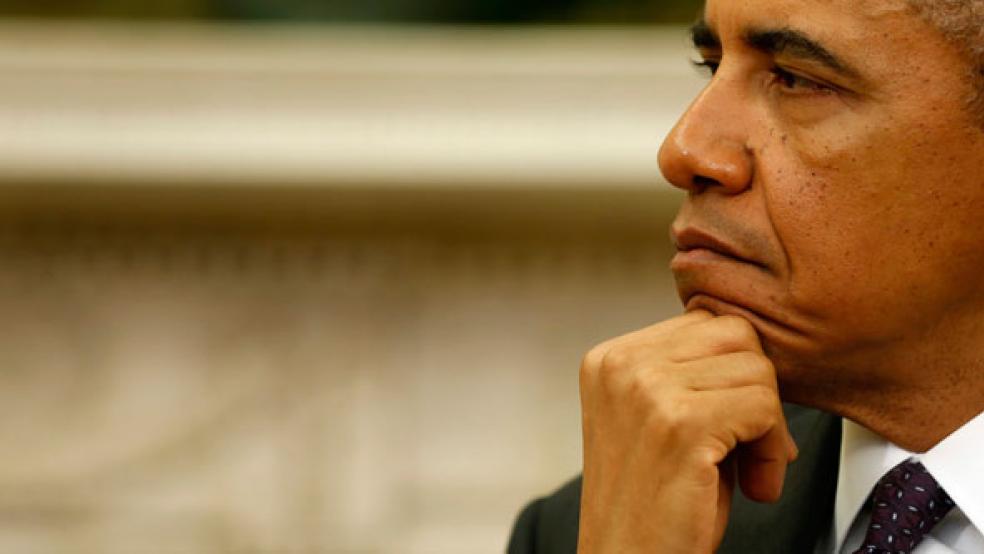The American Civil Liberties Union sued senior U.S. government officials on Tuesday to challenge the constitutionality of the National Security Agency's telephone surveillance program, saying it violates rights to free speech and privacy.
The suit asked the court to immediately halt the NSA's vast tracking program of telephone calls, declare the program illegal, and order the U.S. government to purge all databases of the call records.
The ACLU suit in U.S. District Court for the Southern District of New York named James Clapper, the director of national intelligence, and the leaders of the NSA, the Defense Department, the Justice Department and the FBI.
President Barack Obama has defended the sweeping U.S. government surveillance of Americans' phone and Internet activity, calling it a "modest encroachment" on privacy that was necessary to defend the United States from attack.
But the lawsuit challenges the program, which the ACLU said "vacuums up information about every phone call placed within, from, or to the United States," arguing that it violates the First Amendment rights of free speech and the right of privacy protected by the Fourth Amendment of the U.S. Constitution.
The suit cited the government's acknowledgement that the Foreign Intelligence Surveillance Court required Verizon Business Network Services to turn over metadata about the calls made by each of its subscribers over a three-month period as a continuation of a program that has been in place for seven years.
As a Verizon subscriber, the ACLU named itself as a plaintiff, saying the government's secret monitoring program was "likely to have a chilling effect on whistleblowers and others who would otherwise contact plaintiffs for legal assistance."
The ACLU, the New York Civil Liberties Union and both of their foundations were named as plaintiffs.
The U.S. Justice Department did not immediately respond to a request for comment.
(Reporting by Daniel Trotta; Editing by Christopher Wilson)

